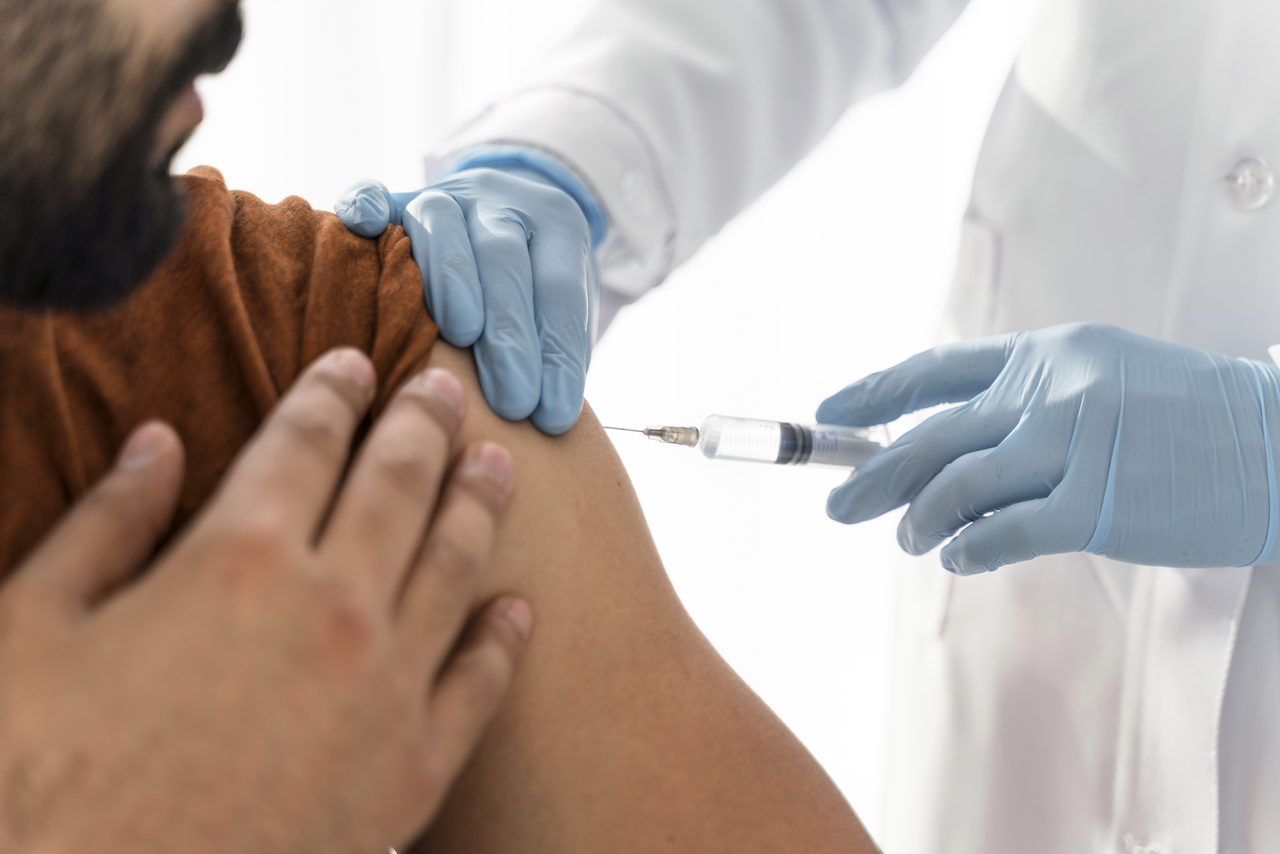Rabies

What is Rabies?
Who is at risk from Rabies?
Rabies exists on all continents except Antarctica. Most human cases are reported in Africa and Asia mainly in rural communities where measures to prevent dog to human transmission have not been implemented. Cases of rabies in travellers are rare. However, bites and scratches from potentially infected animals where it is difficult to determine whether an animal is infected increases risk. You should consider being vaccinated against rabies if you are travelling to an area of the world where rabies is common and:
- You plan to stay a month or more or it’s unlikely there will be quick access to appropriate medical care
- You plan to do activities that could put you at increased risk of exposure to animals with rabies, such as running or cycling.
Pregnant women are advised to have the rabies vaccine if the risk of exposure to rabies I thought to be high and there’s limited access to medical care
What are the symptoms?
Can I use the DC Rabies Vaccination Service?
It takes up to 4 weeks to complete the vaccine course, so you need to start it at least one month before you plan to travel.
The vaccine is given as injections into the upper arm.
You’ll need 3 doses of the vaccine, usually over a period of 28 days, these need to be completed before you leave.
If you have been vaccinated against rabies before, 1 booster dose may be considered if you were vaccinated more than a year ago and you’re travelling to a high-risk area again.
Rabies vaccine is not suitable for:
- Those with previous allergic reaction to rabies vaccine or any of its ingredients
- Those with severe egg allergy.
Your DC pharmacist will double check your suitability for the vaccine.
What are the side effects to the Rabies Vaccine?
The most common side effects to the vaccine tend to mild and short lived. These include:
- Itching, pain and redness at the injection site
- Fever, feeling generally unwell, headaches and dizziness
- Delayed allergic reactions (rare)
- Neurological problems such as Gulliam-Barre (very rare)
What happens next?
- Book a virtual consultation via online portal
- A DC pharmacist will review your suitability for the rabies vaccine service
- Receive vaccine at our centres
